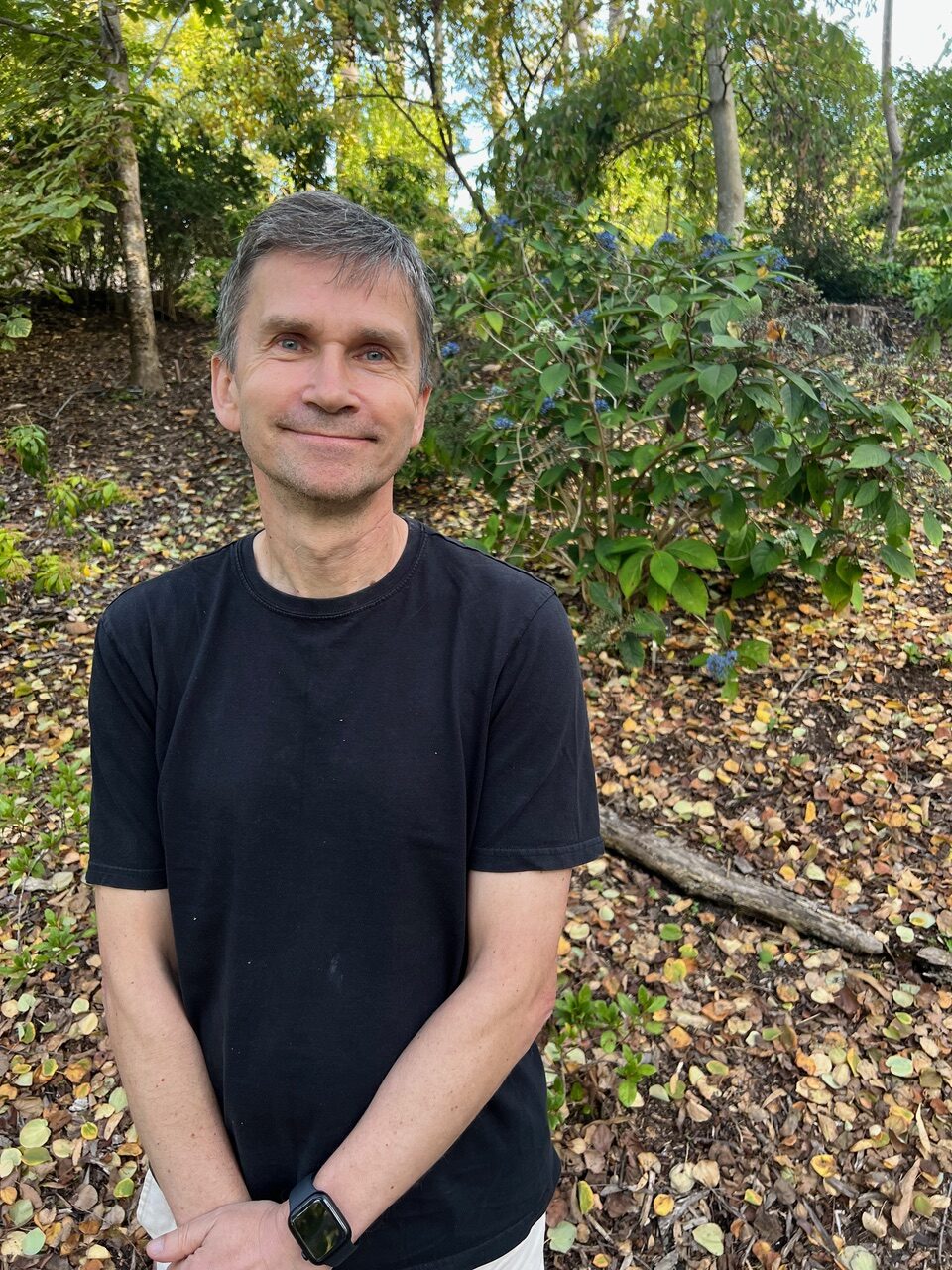Interview with the winner of the “Right!” said FRED Challenge
In this interview, we sit down with the winner of the “Right!” said FRED Challenge for Q2 2024, Sigitas Keras. Known on GJ Open as sigis, Sigitas is an experienced quant and trader who decided to explore the world of forecasting after an impressive 25-year career in finance. With a PhD in mathematics and a natural curiosity about the world, he shares insights into the unique challenge he has taken on to forecast every question on GJO in 2024 and the strategies that helped him excel on the platform. Originally from Lithuania, Sigitas currently lives in Canada.
GJO: What is your background, and how did you first become interested in forecasting?
I was born in Lithuania, have a PhD in maths, but, as many others with a similar background, ended up in finance industry. After almost 25 years as a quant and a trader, I recently retired, which freed up a lot of time for other things. I tried forecasting on GJO for the first time a couple years ago. It seemed like an interesting challenge where I could combine analytical skills and general curiosity about the world.
GJO: How did you learn about GJ Open? How would you describe your experience on the platform so far?
I read Tetlock’s book Superforecasting, so likely that was an initial prompt, but to be honest I don’t remember full details anymore. Rightly or wrongly, I am one of the few forecasters who decided to forecast every question in 2024. It was very enjoyable, and I feel I learnt a lot both about forecasting and about various topics, but I have to admit this is getting too difficult to maintain. I don’t think I’ll continue doing all questions next year, and most likely will just focus on a few challenges, but I still like to maintain a good mixture of various topics.
GJO: What was your approach to the “Right!” said FRED Challenge? What do you think helped you come out on top?
I like questions that have good supporting data. In that sense, the FRED challenge is perfect for me. Whenever there is good data available, I try to use some mathematical model. Having a background in finance industry helps a bit with that, although I don’t think I use anything that requires more than FRED and other publicly available data and a Google spreadsheet. I also try to update my forecasts regularly, typically once a week. I think consistency is another important component of successful forecasting.
GJO: What topics would you consider of particular interest to forecast for 2025 and beyond?
I tend to forecast better when there is good data available for analysis. On the other hand, geopolitical questions are often much more challenging, so perhaps I will focus on improving there. My goal is to improve my score in the Superforecasting Workshops challenge!
GJO: Is there anything you would like to add that would be of particular interest to other forecasters on GJ Open?
I feel I am still very new to forecasting and to the community. One thing I hope is to learn more about other forecasters, their backgrounds, their approaches to forecasting. And if anyone has any questions for me, feel free to reach out.
See the latest forecasting challenges on GJ Open and try your hand at forecasting!

